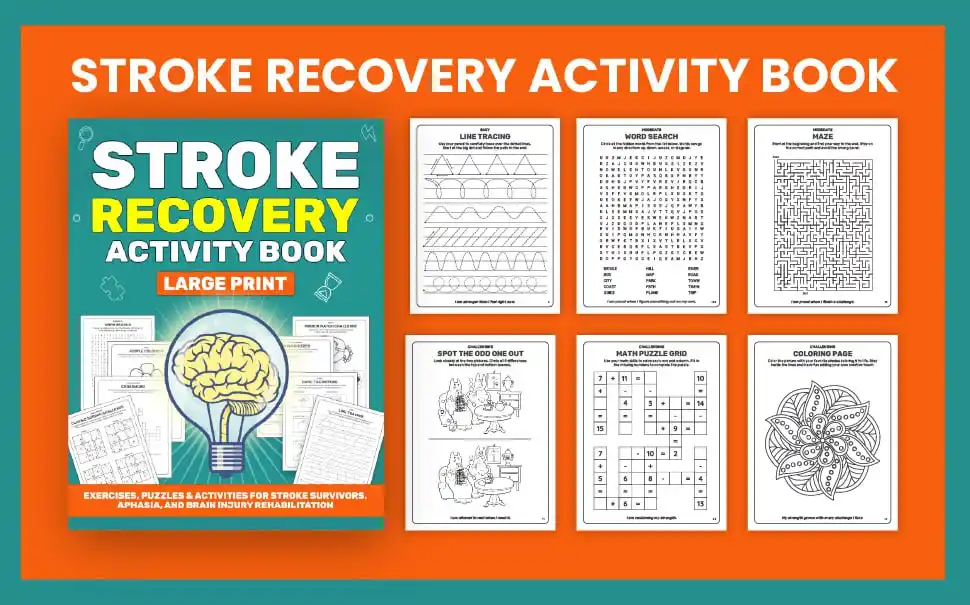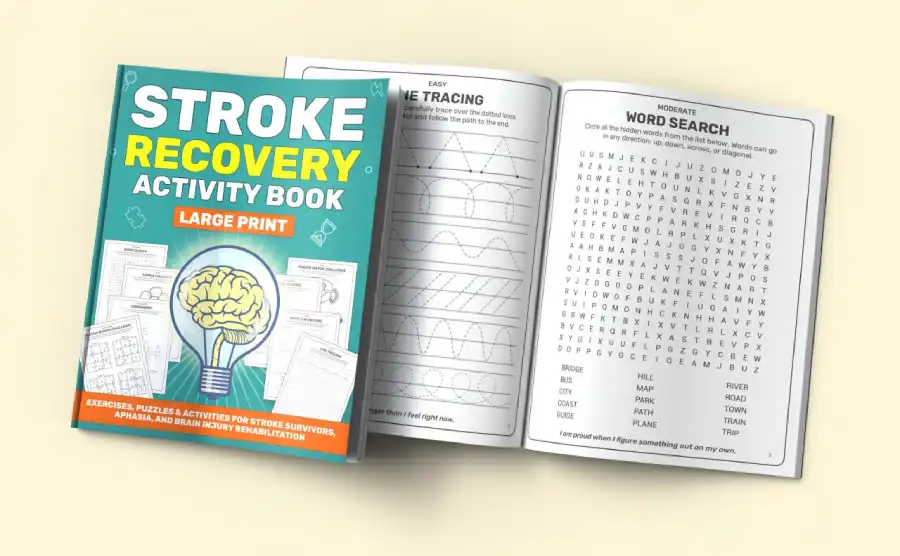If you’re searching for books that will change your life, start here.
This hand-picked list blends timeless literature with modern, science-backed insight. Seven titles. Seven doors into growth—habits, meaning, empathy, values, and mortality. Some books entertain you. These books will change you.
At a glance: Atomic Habits · The Perks of Being a Wallflower · The Alchemist · Of Mice and Men · Man’s Search for Meaning · The Subtle Art of Not Giving a Fck* · When Breath Becomes Air
How We Chose These Books
- Impact over hype: enduring critical reception + long-term reader resonance
- Breadth: memoir, literary fiction, philosophy, psychology, practical self-improvement
- Actionability: ideas you can use within days, not months
7 Books That Will Change Your Outlook On Life
Some of the links below are affiliate links. If you buy through them, we may earn a small commission at no extra cost to you. This helps keep whytoread.com running. Thank you for supporting thoughtful reading.
1) Atomic Habits by James Clear

Key ideas: Habit loops; environment > willpower; 1% compounding; make it obvious/attractive/easy/satisfying.
Quote: “You do not rise to the level of your goals. You fall to the level of your systems.”
Try this: Pick one goal. Create a 2-minute starter habit, stack it after an existing routine, and track it for seven days.
Pairs well with: The Power of Habit & Deep Work.
2) To Kill a Mockingbird by Harper Lee
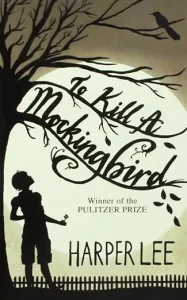
Key ideas: Empathy over judgment · moral courage vs. social pressure · childhood innocence confronting systemic injustice · the duty to see—and protect—the vulnerable.
Quote: “You never really understand a person until you consider things from his point of view.”
Try this: Choose a recent disagreement. Write two paragraphs: one from your view, one from the other person’s best-faith perspective. Identify one concrete action that shows empathy this week.
Pairs well with: Just Mercy
3) The Alchemist by Paulo Coelho

Key ideas: Meaning through the journey; fear/comfort as signals; treasure ≠ destination but growth.
Quote:“And, when you want something, all the universe conspires in helping you to achieve it.”
Try this: Write a one-sentence Personal Legend. Take one small step toward it this week.
Pairs well with: Siddhartha; The Little Prince.
4) Of Mice and Men by John Steinbeck
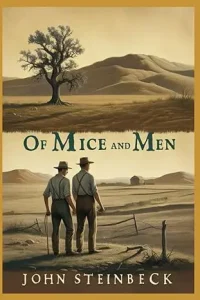
Key ideas: The moral weight of choices; compassion under pressure; the human cost of broken systems.
Quote: “Maybe ever’body in the whole damn world is scared of each other.”
Try this: Choose one person you can materially help this week. Do it quietly.
Pairs well with: To Kill a Mockingbird.
5) Man’s Search for Meaning by Viktor E. Frankl

Key ideas: Purpose as survival; tragic optimism; meaning through work, love and suffering.
Quote: “Everything can be taken from a man but one thing: the last of the human freedoms—to choose one’s attitude.”
Try this: Define a “why” for a hard task you’re avoiding. Put it where you work; read it before you start.
Pairs well with: Meditations; Antifragile
6) The Subtle Art of Not Giving a F*ck by Mark Manson
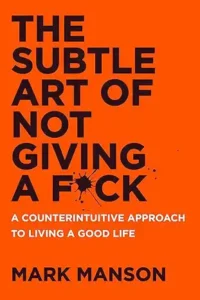
Key ideas: Limited f*cks; choose worthy problems; pain as path; responsibility ≠ blame.
Quote: “Who you are is defined by what you’re willing to struggle for.”
Try this: List your top three values. Audit last week’s calendar. Cut one commitment that doesn’t align.
Pairs well with: Essentialism
7) When Breath Becomes Air by Paul Kalanithi (foreword by Abraham Verghese)
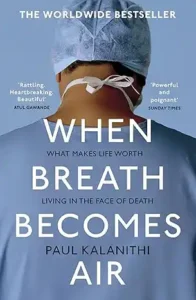
Key ideas: Identity at the edge of death; work as calling; love as anchor.
Quote: “Even if I’m dying, until I actually die, I am still living.”
Try this: Draft a “meaning list”: five people and five pursuits that give your days weight. Protect time for both.
Pairs well with: Being Mortal.
How to Read These Books for Real Change
- Journal lightly: three bullets per chapter — idea · quote · action
- Discuss: share one takeaway with a friend or book club within 48 hours
- Revisit: mark pages to revisit in 30 days; change sticks with repetition
FAQs
What’s the best book to start with if I’m overwhelmed?
Atomic Habits. Low-friction systems build momentum fast and make the rest easier to apply.
Are fiction picks really “life-changing”?
Yes. Novels like To Kill A Mockingbird and Of Mice and Men deepen empathy—a reliable driver of personal change and social connection.
Can I swap one or two titles?
Absolutely. Depending on your season, consider The Power of Now, The 7 Habits of Highly Effective People, or Think Again.
-: BONUS LISTING :-
Stroke Recovery Activity Book by Grace Rowan (Warm Horizon Publishing)
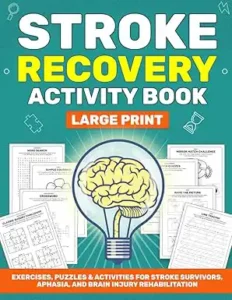
This book was created in her honor: a gentle, uplifting workbook designed to give others what she needed most — encouragement, clarity, and tools to rebuild one step at a time.
This large-print workbook was created to make the journey easier — with gentle activities, uplifting words in the form of quotes and affirmations on every page to help survivors rebuild confidence, focus, and skills.
Key ideas: Gentle warm-ups · word/visual matching · memory & recall prompts · fine-motor tracing · mazes/logic puzzles · progress trackers · encouraging quotes/affirmations (caregiver-friendly notes throughout).
Quote : “Fall seven times and stand up eight.” – Japanese Proverb
Try this: Choose one of the 8 different catagories/sections per session — and then pick the Easy, Medium, or Challenging option that matches how you feel today. Set a 10–15 minute timer, take breaks, and stop if you feel fatigued or unwell; consistency beats intensity. Caregivers can cue words, read prompts aloud, or demo movements. Log what you have completed.
Pairs well with: Effort, concentration, determination and hard work
Your Next Step: One Book, One Change
These seven + bonus picks aren’t just page-turners; they’re field guides to better habits, deeper empathy, and a clearer sense of meaning.
If you’re searching for books that will change your life, choose the one that fits your season and act on a single idea today.
Tell us which title you’ll start with—and what shifts when you do.


